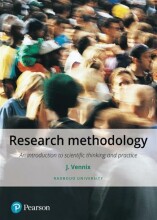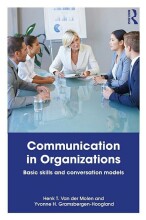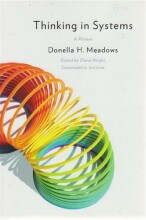Perspectives on resistance - Ford et al (2008) Resistance to change - the rest of the story
4 important questions on Perspectives on resistance - Ford et al (2008) Resistance to change - the rest of the story
What was the main cause of the research of Ford et al. (2008)?
Ford et al., (2008) describes three ways in which the story about resistance can be expanded. Elaborate on his thought about resistance as change agents sense making.
- Resistance to change is not an objective reality, but a product of change agents sense making.
It's a self-fulfilling prophecy since when you think about finding resistance in a change process, you're likely to find it (expectation effect). Resistance is rather seen as part of the reality, than as product of personal authorship.
Second, he argues the sense making of change agents to be self-serving, since change agents use resistance as cause of problems, although the cause might be something else.
Ford et al (2008) describe three ways in which they want to elaborate on the story on resistance. Elaborate on the second way; change agent's contribution to resistance.
- broken agreements and violation of trust
- communication breakdowns (legitimization absent, misinterpretations, call for action absent)
- Agent's resistance to (good) alternative ideas
- Higher grades + faster learning
- Never study anything twice
- 100% sure, 100% understanding
Ford et al., (2008) explains three ways in which the story about resistance can be expanded. The third way is resistance as a resource. Elaborate on this.
The question on the page originate from the summary of the following study material:
- A unique study and practice tool
- Never study anything twice again
- Get the grades you hope for
- 100% sure, 100% understanding
































